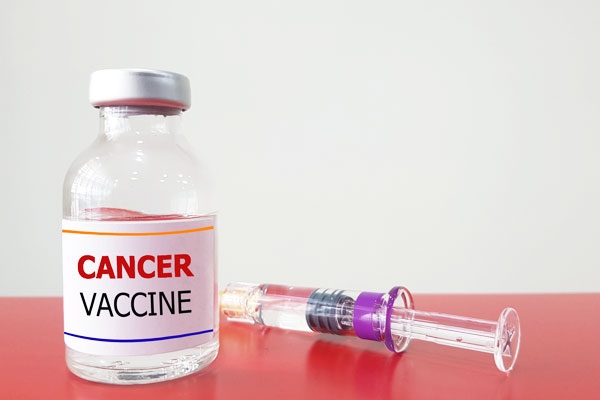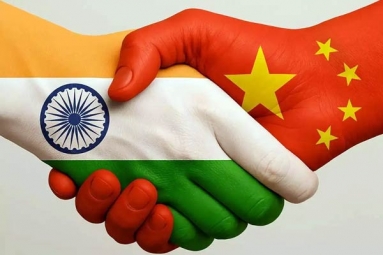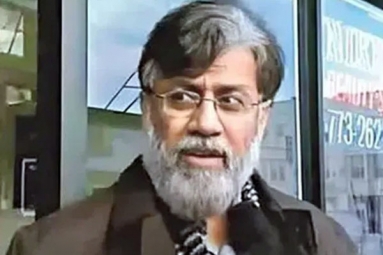
(Image source from: Canva.com)
Russia claims to have made major advances in cancer treatment by developing a vaccine to treat cancer patients. If true, this would be the biggest medical breakthrough of 2024. The announcement said: “Russia has developed its own mRNA vaccine against cancer, which will be distributed free of charge to patients.” Oncology experts in India and around the world agree that This is because, although this announcement represents significant progress, there is a lack of reliable data and accurate information, and cancer vaccines are already available but no progress has yet been noted. Pfizer and Moderna, which have developed mRNA vaccines against Covid-19, are currently working on it but have not yet reported any major breakthroughs.
Humans have used hundreds of vaccines to protect against bacteria and viruses, but cancer vaccines are even more difficult to develop. This is because cancer cells look like our normal, healthy cells and are difficult to recognize as a threat to the immune system. In addition, each person's tumor is unique and has its own markers. All of this therefore complicates the development of effective cancer vaccines, which require sophisticated and tailored methods. Alexander Ginsberg, director of the Gamaleya National Research Center for Epidemiology and Microbiology, announced that preclinical studies have shown the effectiveness of the vaccine in suppressing tumor growth and preventing metastasis. He said that this vaccine is expected to enter the market in early 2025 and will be available to Russian citizens free of charge.
The Russians said they were working to develop personalized cancer vaccines using artificial intelligence. “It takes a long time to produce [personalized vaccines] because mathematically we use a matrix approach to calculate the appearance of a customized vaccine or mRNA,” Ginsberg, head of Vaccine Russia, told local media an hour ago. Artificial neural networks have the potential to reduce the computing time for developing personalized cancer vaccines. The current process is time-consuming, but with artificial intelligence this time can be reduced to “less than an hour”.
As for training the AI, Ginsberg said a testing database of 40,000 to 50,000 tumors is needed to identify a patient's antigen compatibility, translated into protein or RNA. “This will help determine whether the combination can be used for this individual,” he said. Although Russian officials have not provided details on actual trial data, the vaccine's effectiveness or other details necessary to support the claims, they are confident that an mRNA-based vaccine is being developed to treat cancer. Due to the amazing clinical successes of mRNA vaccines using lipid nanoparticle technology, messenger RNA (mRNA) is considered an effective tool for treating various human diseases, especially malignant tumors. Scientists from US pharmaceutical giants Pfizer and Moderna have leveraged their experience in developing mRNA cancer vaccines during the COVID-19 pandemic, according to an article published in the medical journal Science Direct.
mRNA vaccines work by introducing a strand of messenger RNA into the body that sends a message to cells to produce a specific protein. RNA or ribonucleic acid is an essential polymer molecule involved in several biological processes in living cells. The human immune system recognizes this protein as foreign and produces antibodies to fight it. In this case, this approach can be adapted to train the immune system to effectively recognize and target cancer cells. However, this is not the first attempt to use this technology to cure cancer. In fact, numerous multi-technology experiments have been conducted around the world over the past 30 years, with limited success and major failures. Indian experts believe it is too early to celebrate. According to Dr. For Gaurav Dixit, head of hematology-oncology at Artemis Hospital in Gurugram, it is important to know more about this.
“There are now vaccines against several types of cancer thought to be caused by viral infections,” he said. Dr. Pragya Shukla, head of clinical oncology at Delhi State Cancer Institute, told News18 that they will adopt a wait-and-see policy. “It's good that this is true because all cancers have different causes,” he said. He said: Even if this matter is true, it is not clear what stage the court is at. It usually takes at least 10 to 15 years for a vaccine to come to market. Likewise, says Dr. Satya Prakash Yadav, head of the department of hematology-oncology and bone marrow transplantation at Medanta Hospital: “Cancer vaccine research has not made any significant progress in the last 25 years.”
Several experts around the world have expressed concerns similar to those of doctors in India. For example, Professor Kingston Mills, a leading immunologist at Trinity College in Dublin, Ireland, told Newsweek magazine: "Until we see the clinical trial data, we have to be skeptical." As scientists, that's usually where we start reading about important discoveries . I can't find any articles about it. So it tells me nothing about what science is. " he said. This does not mean that Russian scientists are not developing vaccines against certain types of cancer. “The idea of a cancer vaccine is real,” Mills said.










